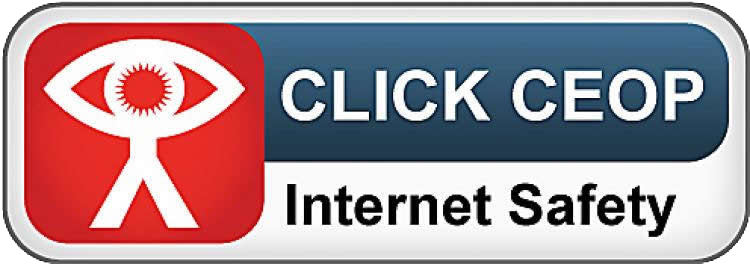E-Safety
Digital Content and Safety
The internet is constantly transforming the world around us. Students regularly interact with technologies such as tablets, mobile phones, apps and the internet on a daily basis. Through this they experience a wide range of opportunities and situations these can be both positive and negative. The social interaction and learning opportunities are greatly beneficial but can occasionally place young people in danger. It is essential that students are able to take care of their own safety and security.
At Brentford we are keen to develop positive attitudes and skills that ensure all students can access online platforms safely. To do this we all have to work within a framework which allows for safety and security and raises awareness of issues affecting our school and the wider community.
As a school we do support the use of OurPact which can be used to assist your child through their digital journey. All students will learn how to be safe online and digitally content throughout our BLOSSOM programme.
OFCOM LATEST REPORT: The use of the media and attitudes
Ofcom have recently released their latest report; ‘Children and Parents: Media use and attitude’. This is an interesting read and a good opportunity for parents and carers to encourage the start of a conversation regarding digital life and forming healthy digital habits. Click here to read.
As parents and carers it is essential that you are comfortable to support your daughter with this. Below are some useful links to support this:
If someone has done something online that has made you or a child or a young person you know, feel worried or unsafe, CEOP (Child Exploitation and Online Protection) is an organisation which helps children stay safe online. If someone acted inappropriately towards you online, or to a child or young person you know, such as being asked to do something that makes you feel uncomfortable or someone being insistent on meeting up, it is very important that you tell someone. You can report it to CEOP by clicking on the image below:
CEOP also publishes information regarding vicious selfies and nudes photographs on social media. By educating students about this it help to support their confidence in talking about these issues help breaking the cycle.
https://www.thinkuknow.co.uk/14_plus/need-advice/when-nudes-get-shared-around
https://www.thinkuknow.co.uk/parents/articles/7-questions-parents-ask-about-nude-selfies
